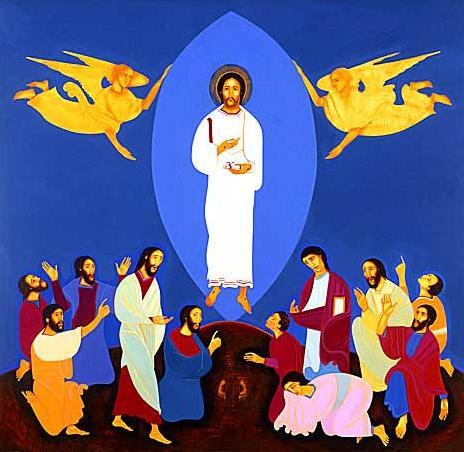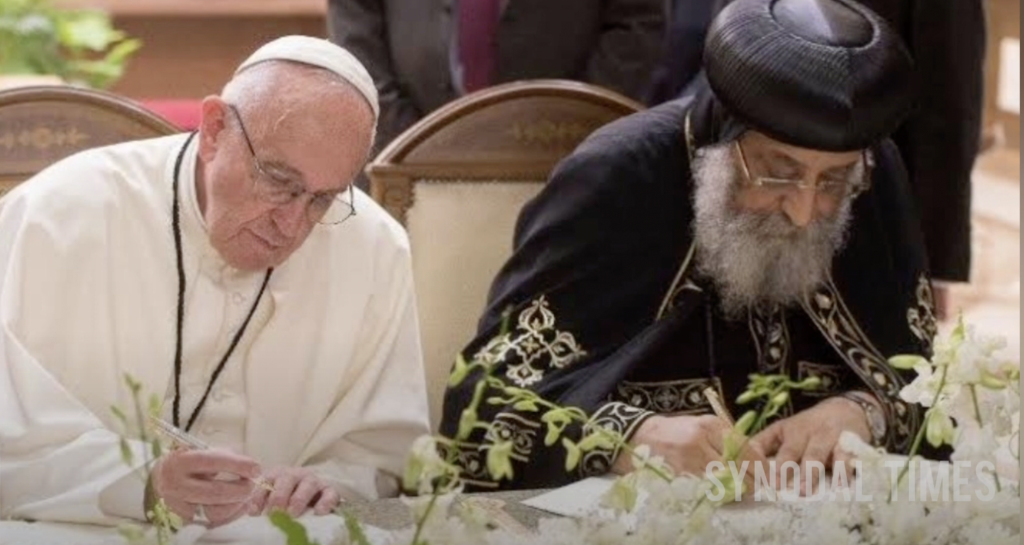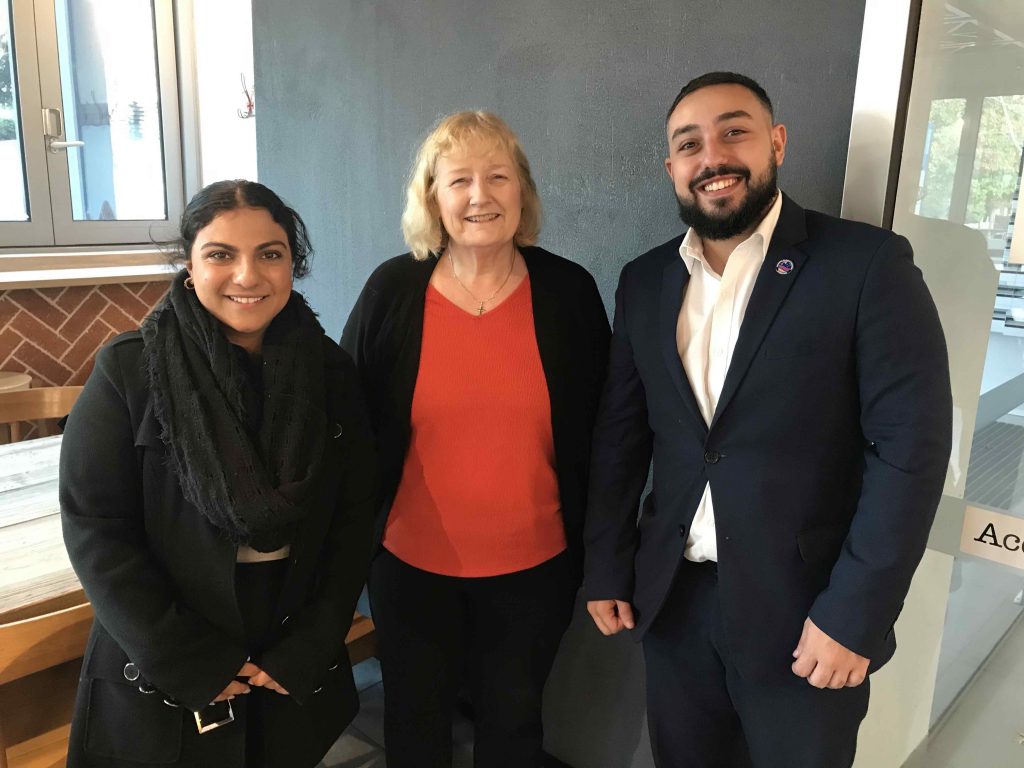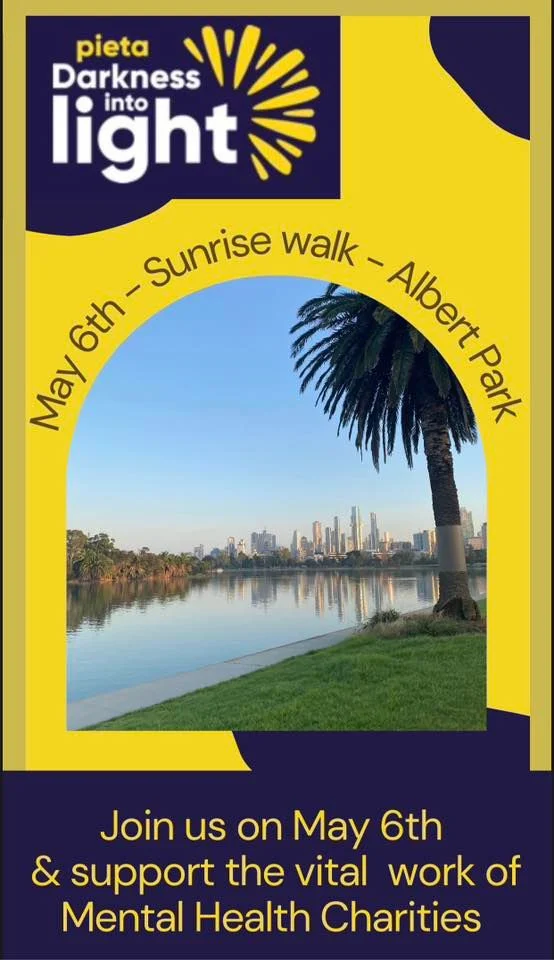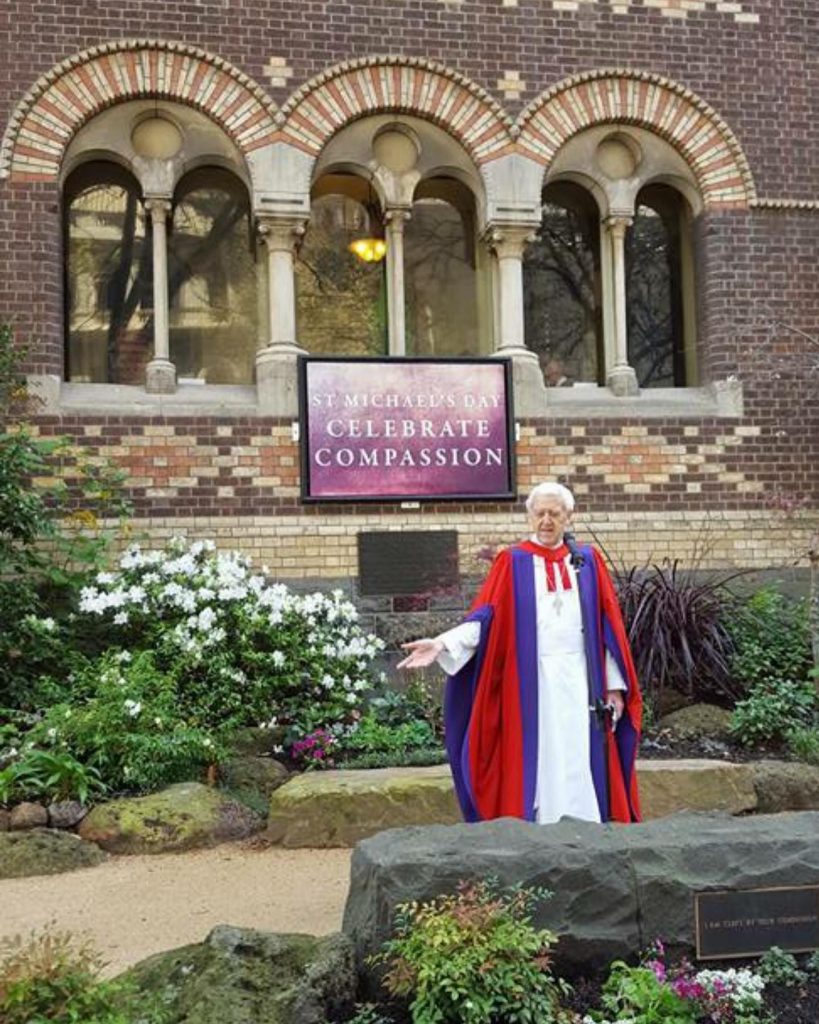(Article by Carey Nieuwhof, speaking into the North American context but resonates with the experience of churches in Australia. This article was updated and published in April 2023)
Declining church attendance comes up in a surprising number of conversations – and no one’s quite sure how to respond to it.
The issue? Even committed church attendees are attending church less often.
Sure, the trend has been happening for years (gone are the days when people attended 50 out of 52 Sundays), but the issue has reached a tipping point in the church over the last decade.
Even monthly church attendance is declining.
One recent survey found a decline from 34% to 28% over two years, of people attending one to two times per month. Reasons behind church attendance decline are varied and multi-layered, but a few main culprits include shifting cultural values, busier schedules, and scandal-plagued institutions.
I first wrote about this in a post called 7 Ways to Respond as People Attend Church Less Often. But the conversation persists and, to many leaders, feels much more urgent.
This isn’t a post about why people have left the church (that’s a different subject). This is the first in a series of posts about church attenders who love God, appreciate the local church, and are even involved in the local church, but who simply attend less often.
So, why all this attention?
This trend isn’t going away…in fact, it’s accelerating.
It impacts almost every church regardless of size, denomination, or even location.
It probably marks a seismic shift in how the church will do ministry in the future.
Of course, church attendance is never the goal. But attendance is a sign of something deeper that every church leader will have to wrestle with over the next few years.
The first key to addressing what’s happening is to understand what’s happening.
So…why are even committed attendees attending less often? There are at least 10 reasons.
1. Greater Affluence
Money gives people options.
If your church is at all engaging the middle class, the upper-middle class, or a suburban demographic, an interesting trend is developing.
The middle class is shrinking, but as this New York Times report shows, it’s shrinking (in part) because more of the middle class is becoming upper class.
Both U.S. and Canadian personal disposable incomes are at all-time highs.
There are simply more affluent people than there were decades ago, which may in part explain why so many “average” people indulge their obsessions with granite countertops, designer homes, and decent cars, even without being mega-wealthy.
Naturally, this leaves a huge theological void about ministry to and with the poor, but it helps explain what’s actually happening in the suburbs and increasingly with the re-urbanization of many cities as the affluent move back downtown. I’m not arguing things should be this way. I’m simply showing that this seems to be what’s happening.
And again…people with money have options. Technology options. Travel options. Options for their kids. And, arguably, that affluence may be one of the factors moving them further away from a committed engagement with the mission of the local church. It’s perhaps fuelling some of the reasons outlined below.
2. Higher Focus on Kids’ Activities
A growing number of kids are playing sports. And a growing number of kids are playing on teams that require travel.
Many of those sports happen on weekends. And affluent parents are choosing sports over church. It’s as simple as that.
3. More Travel
Despite environmental concerns, travel is on the rise, and most people are taking far more than the old standard of one vacation a year.
More and more families of various ages travel for leisure, even if it’s just out of town to go camping or to a friend’s place for the weekend or a weekend at the lake.
When people are out of town, they tend to not be in church.
4. Blended and Single-Parent Families
Fortunately, more and more blended families and single-parent families are finding a home in the church.
So, how does this translate into attendance patterns?
Church leaders need to remember that when custody is shared in a family situation, ‘perfect’ attendance for a kid or teen might be 26 Sundays a year.
Similarly, while the affluent might not be in church because of access to reliable transportation, single parents (who, not always, but often, struggle more financially) might not be in church because they lack access to reliable transportation.
So here’s the strange twist. People who have a car are often not in church because they have a car. People who want to be in church are often not in church because they don’t have a car or because it’s not their ‘weekend’ for church.
Sadly, people who want to get to church simply can’t.
By the way, I used to lead a church that virtually required a vehicle to get there. I loved how we often saw people with reliable transportation helping out those who don’t have a vehicle. That’s at least a partial remedy to this problem.
5. Online Options
With the rise of online church, social media, and ubiquitous tech, there have never been more opportunities for people to access church without being there.
There are pros and cons to online church, and there’s no doubt that churches with a strong online presence have seen it impact physical attendance.
But whether or not your church has online options doesn’t make the issue go away. Anyone who attends your church has free access to any online ministry of any church.
Online church is here to stay, whether you participate or not.Online church is here to stay, whether you participate or not.
6. The Cultural Disappearance of Guilt
When I grew up, I felt guilty about not being in church on a Sunday.
The number of people who feel guilty about not being in church on Sunday shrinks daily.
I regularly meet people all the time who haven’t been in months but LOVE our church.
For the record, guilt avoidance is not a good reason to go to church. And if your church is relying on guilt as a motivator, you need a new strategy. (Well, honestly, you’ve always needed a new strategy…)If your church is relying on guilt as a motivator, you need a new strategy
7. Self-Directed Spirituality
People are looking less to churches and leaders to help them grow spiritually, and more to other options.
We live in an era in which no parent makes a visit to a doctor’s office without having first googled the symptoms of a child’s illness and a recommended course of treatment. Just ask any family physician. It drives them nuts. (Google, doctors will tell you, is not a complete replacement for medical school.)
Similarly, when was the last time you bought a car without completely researching it online?
In an age where we have access to everything, more and more people are self-directing their spirituality…for better and for worse.
Similarly, another characteristic of the post-modern mind is a declining trust in and reliance on institutions.
The church, in many people’s minds, is seen as an institution.
I don’t actually believe that’s what a church is. I think it’s a movement…not an institution. But many churches behave like an institution, and the post-modern mind instinctively moves away from it as a result.In an age where we have access to everything, more and more people are self-directing their spirituality…for better and for worse.
8. Failure to See a Direct Benefit
People always make time for the things they value most. If they’re not making time for church, that tells you something.
Even among people who say they love the church and who say they love your church, if declining attendance is an issue, chances are it’s because they don’t see a direct benefit. They don’t see the value in being there week after week.
That could be because there isn’t much value (gut check). Or it could be because there is a value that they simply don’t see.
Either way, failure to see a direct benefit always results in declining engagement.
So, what are you doing or not doing that leaves people feeling like there’s not that much value?People always make time for the things they value most. If they’re not making time for church, that tells you something.
9. Valuing Attendance Over Engagement
When someone merely attends church, the likelihood of showing up regularly or even engaging their faith decreases over time.
At our church, I find our most engaged people—people who serve, give, invite, and who are in a community group—are our most frequent attendees.
More and more as a leader, I value engagement over attendance.
Ironically, if you value attendance over engagement, you will see declining attendance.
10. A Massive Culture Shift
All of these trends are a witness to something deeper. Our culture is shifting. Seismically.
Church leaders who fail to recognize this will not be able to change rapidly enough to respond to the shifts that are happening.
Change is unkind to the unprepared, so prepare.
